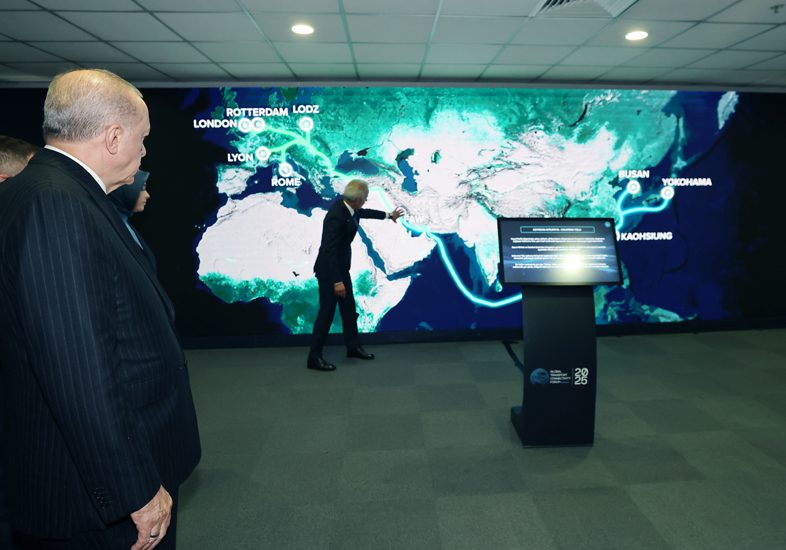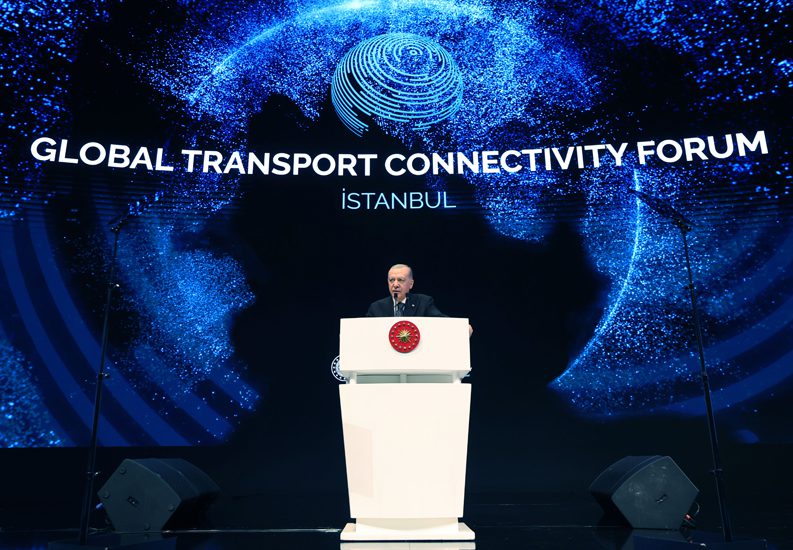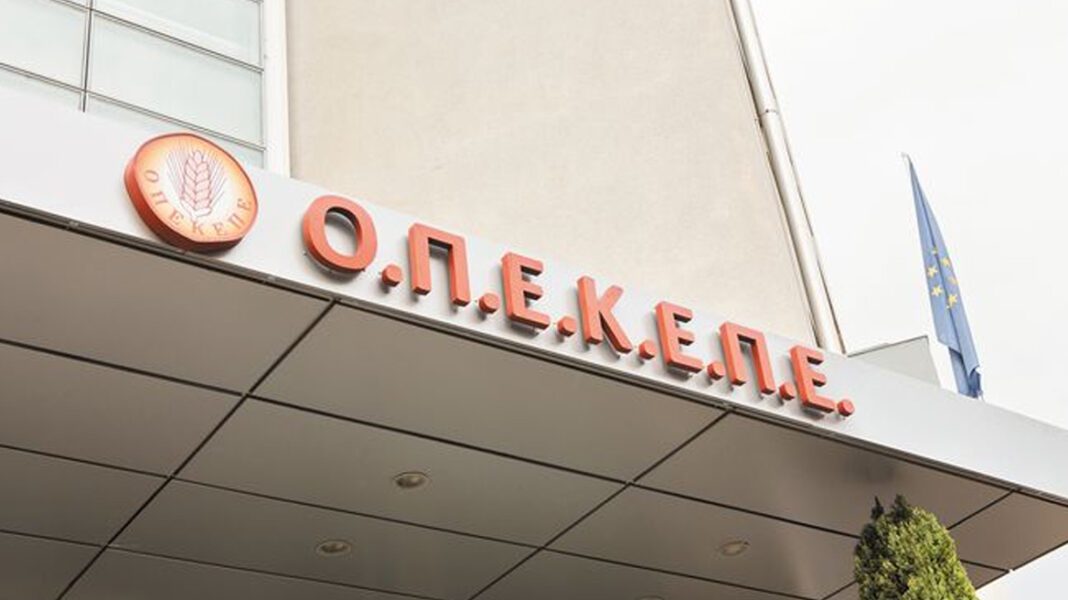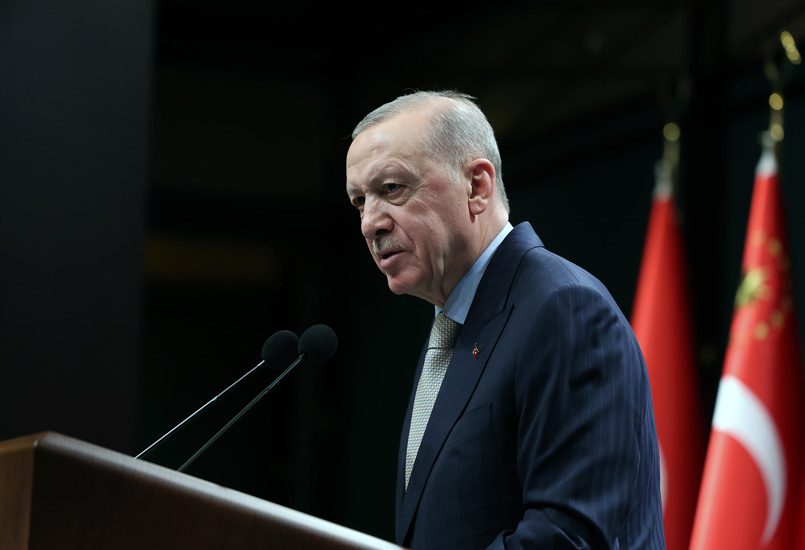Speaking at the opening of the two-day Global Transport Connectivity Forum in Istanbul on Friday, President Erdoğan hailed the importance of the Development Road project and underlined Türkiye’s role as a major geostrategic actor.
By Daily Sabah,
Ministers and senior officials from 70 countries, as well as industry leaders and representatives of international organizations, came together in Istanbul for a two-day Global Transport Connectivity Forum organized by the Turkish Ministry of Transport and Infrastructure.
In a keynote speech at the event, President Recep Tayyip Erdoğan highlighted the increased connectivity of Türkiye and how it made the country a geostrategic hub of stability.
Erdoğan stated that he believed the forum would be an important platform showcasing Türkiye’s vision in transportation and leadership. “The importance of logistics lines increases day by day. Tensions in our region, uncertainties on air routes, the state of the Strait of Hormuz demonstrated how valuable secure transportation routes are,” he said.
Türkiye straddles Asia and Europe, on major international routes being reshaped by emerging new global powers, particularly China. Türkiye’s improved international relations and the rising profile as a major diplomatic actor and partner against international challenges contribute to its geographical position. Yet, the country is also located next door to conflicts and issues plaguing the Middle East, from tensions between Iran and Israel to the latter’s ambitious and brutal expansionism that spread from the Palestinian territories to Lebanon and Syria.

The president stated that Türkiye’s approach to communications and energy lines over the past 22 years was based on the rising importance of logistics routes. “The road is civilization. This is why we invested heavily in roads. We invested about $300 billion in transportation and communications infrastructure. We connected 77 provinces with divided roads,” he said, referring to flourishing wide highways that replaced narrow and poorly maintained roads connecting the country’s 81 provinces.
“Global commerce is being reshaped. Transportation investments became almost a driving force of our economy. Our investments did not cease, and we continue investing in communications and energy lines,” Erdoğan said.
“We introduced high-speed train lines; we made airlines accessible to a wider public and increased the number of airports to 58. Istanbul Airport alone broke its own record with about 32 million passengers in the first five months of 2025,” he noted.
Türkiye will transform its geopolitical opportunities into a comprehensive economic advantage with the Development Road project that will benefit the entire region, Erdoğan also stated.
Cargo arriving at Iraq’s Faw Port is expected to reach Europe via Türkiye, thanks to the Development Road project, he said.
“With a 10-year projection, the Development Road is expected to generate over $50 billion in production impact and create an average of 63,000 jobs annually,” he further said.
The Development Road is designed to facilitate the transport of goods from the Gulf to Europe via the Grand Faw Port in Basra in southern Iraq. The port would be linked to Türkiye and subsequently to Europe through an extensive network of railways and highways. Türkiye, Iraq, Qatar and the United Arab Emirates (UAE) are sides in the Development Road. The initiative, which was unveiled in 2023, would turn Iraq into a transit hub by shortening travel time between Asia and Europe to rival the Suez Canal.
On the Middle Corridor, Erdoğan said that the potential of the Middle Corridor’s trade volume via railway is around $75 billion.
“We anticipate that implementing projects for the Middle Corridor will generate a production impact of $114 billion and create an average of 144,000 jobs annually,” he added.
The Trans-Caspian East-West-Middle Corridor Initiative, widely known as the Middle Corridor, begins in Türkiye and passes through the Caucasus region via Georgia and Azerbaijan, crossing the Caspian Sea and traversing Central Asia to reach China. It is one of the most important components of the efforts to revive the ancient Silk Road.





